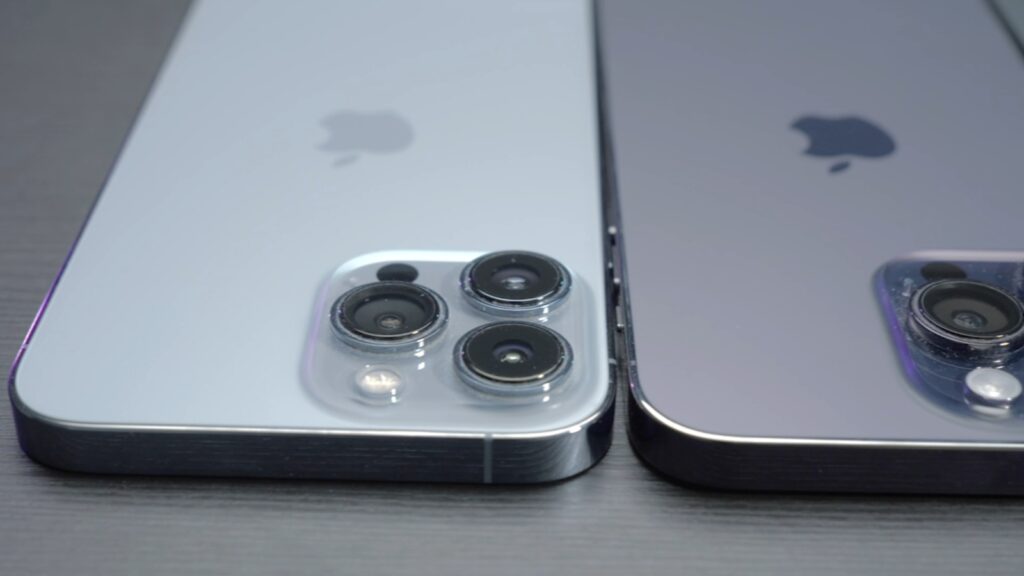Kenya’s second-hand smartphone market has become a hotspot for iPhones originating from Europe, China, and the United States some of which may be stolen. In the United Kingdom alone, around 80,000 phones were reported stolen in London in 2024, with shoplifters frequently targeting Apple stores to secure high-demand devices.
Investigations by the Metropolitan Police Service reveal that nearly three-quarters of stolen phones in London leave the UK. Many of these devices are shipped to China, where they are either refurbished, stripped for parts, or disguised as legitimate stock before being exported to markets with weaker device blacklisting systems.
Kenya, a major importer of used and refurbished iPhones, often receives these phones through online resellers, informal distributors, and individual traders. Most local traders are unaware of the devices’ potentially illicit origins. A Nairobi-based trader told Kenyans.co.ke that most imported devices from China and the UK are fully functional and ready for use, though some could be stolen. “Before they are imported from China, overseas dealers ensure the phones are ‘buy and use’ ready,” he explained.
Customs officials face challenges identifying stolen phones, as shipments often arrive in small consignments and are labeled as ‘used electronics’ or ‘spare parts.’ This makes it difficult to distinguish legitimate imports from stolen stock.
For consumers, the risk of buying a stolen device can be mitigated. Experts advise checking the phone’s IMEI number and purchasing only from authorized stores. Additionally, buyers should be wary of deals that seem too good to be true, as unusually low prices may indicate illicit sources.
With the growing trade in refurbished iPhones, awareness and vigilance are key. Ensuring devices are legally sourced protects consumers from legal complications and supports the fight against international phone theft.

